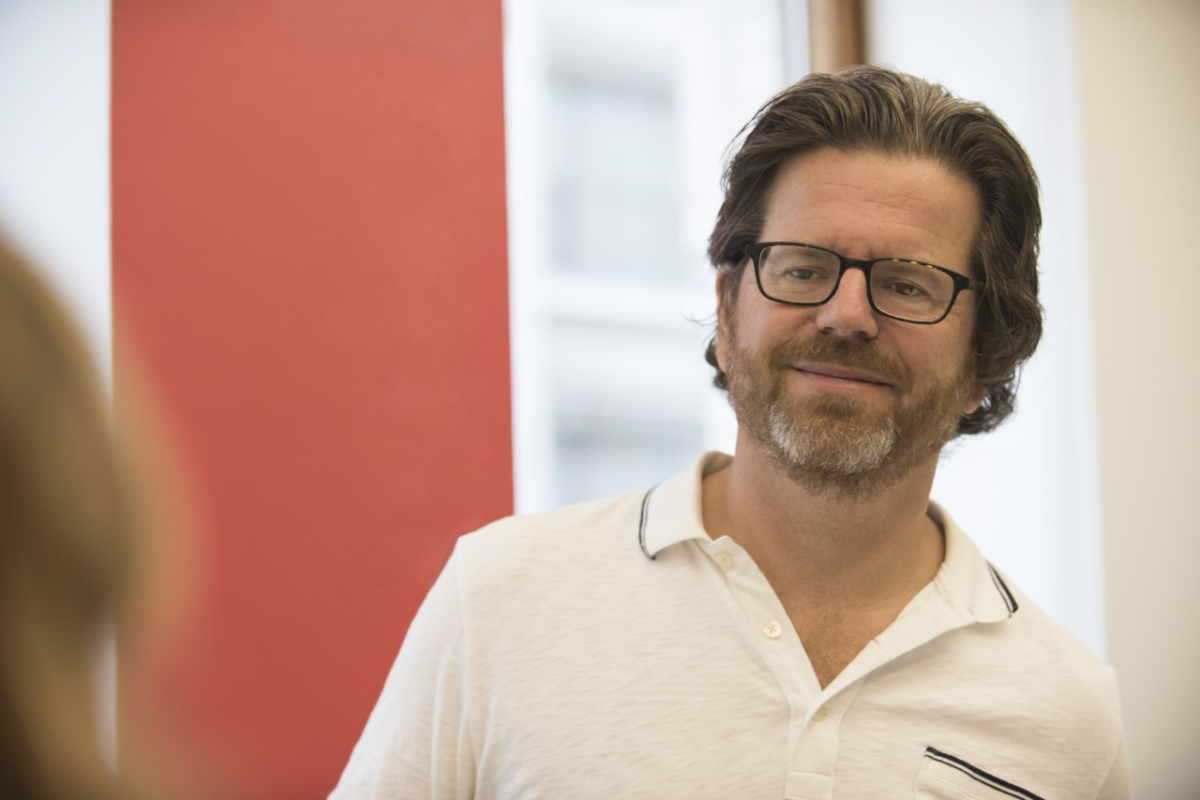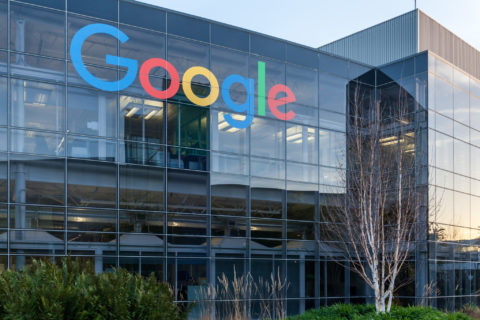In a series of interviews we explore how research clients re-equip their insights teams for more impact in a fast-changing world. This time we speak to Stephan Gans, chief insights and analytics officer at PepsiCo.
Q: How can teams lean into accelerating change to identify opportunities that create new value for their employers and themselves?

A: Stephan Gans: There are two parallel streams of work that need to happen in order to drive change. First, the actual tools. What we decided to do is to drastically digitise the way we do a lot of the research. We’ve created an important partnership with an external technology company, Zappi. With them we are developing bespoke insights tools on a digital platform that we name ADA. Through ADA we are basically enabling all insights leaders in PepsiCo to use new tools that are simply better, faster and cheaper than those they’ve used so far.
We are doing something similar with a tool we refer to as 360 Always On. This is an early trend detection system based on big data capability, that we partner in with Black Swan, a data analytics firm. This tool enables PepsiCo’s insights people to really take a much more proactive approach when it comes to early trend detection and what it means for innovation. Equally important as the tools is an initiative that we refer to as ‘how we show up’. That’s really about changing the way insights people position themselves as a business partner instead of an executor of research for the other functions in the company. And we’ve developed an in-house program of role-plays and exercises to help people see that the role of insights in PepsiCo is changing from one that focuses on minimising risk to one that focuses on maximising opportunities. That requires a different mindset, a different type of partnership and a different way to show up – literally.
Q: Is it only data scientists and analysts that are needed to deal with the latest changes? And if not, what other new skills are required?
A: The first one that comes to mind is a tool kit around what I call empathy at scale. Today, organisations run the risk of overcompensating for the analogue past and completely focusing on big data analytics and data-driven insights – which indeed is a capability that needs to be built. And we’re investing a lot of time and effort in that. However, if you’re not careful you fall into what I call the empathy gap, which comes from over-focusing on what the data tells you. In most cases data tells a lot about what people do when they do it. It doesn’t tell you much about why they do it. There are some exceptions but those are relatively few. So again, building big data analytics is crucial, but we can only do that in parallel to building an empathy at scale capability. For example, we built a global tool kit with fairly well-known ways of directly connecting with consumers around shopping behaviour and use of consumer products. There are also social-listening tools, podcasts of in-depth one-on-one interviews with people, etcetera.
Q: Does this also call for improved soft skills like communication and lateral thinking?
A: That is indeed part of the how we show up toolkit. I think in general it’s fair to say that over time the insights function in our company became too much of a place where people would do their work as generalists. By centralising a model for our tools and centralising our global capability we create space for people to specialise. And by the way, with centralising I don’t mean that we run it from head office; mobilising is probably a better word to use. And instead of doing everything a mile-wide and an inch-deep, insights needs to move more to an inch-wide, mile-deep profile. Everything we do is aimed at enabling that move. As for social skills, some people have an aptitude for it and we should tap into that. In some cases that was under-leveraged in the past because they were too busy fielding research. When you automate a lot of that, you create space.
Q: Is it easier to import new talent, or to identify areas of training and work environments that can accelerate knowledge acquisition and career development in-house?
A: First of all, I really believe we already have the talent to bring the necessary curiosity, inspiration and courage to work. I feel very good about our ability to attract the right talent. I’m not saying that it’s easy but PepsiCo has always been a very attractive employer for people who want to see their work to have a tangible impact. If you join PepsiCo in a function like analytics you’ll be working in a multi-functional organisation where the effects of your work are very visible. That is something that the people we are looking for really value.
When I decided to start my career in consumer-packaged goods I did it for the exact same reasons. Apart from our own talent, I also believe in the value of strong external partners that are global rock stars in a specific area. I think the partnership model offers a lot of opportunities in business overall. It allows companies to become much more focused and much stronger in what they can really bring to the market in an authentic and differentiating way, as long as they find the right partners to work with. For us Zappi and Black Swan are really important. And of course, we also work with what I jokingly refer to as the usual suspects, like Kantar and Nielsen. They are important partners for us as well, but in some cases they have not changed quickly enough in order to keep up with our requirements. Our new outside partners fill in those gaps.


